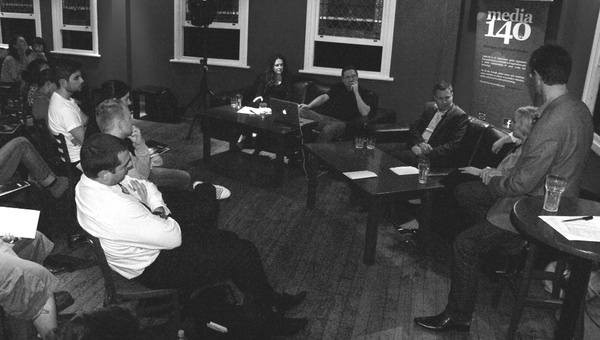A weekly summary of what I’ve been doing elsewhere on the internets. I have no further explanations to add.
Podcasts
- Patch Monday episode 117, “Is anonymity online your right?” A conversation with Scott Shipman, eBay’s global privacy leader, about online reputation and trust, data breach-notification laws, the behavioural targeting of advertising, eBay’s AdChoice technology for controlling that targeting, some of the clever things you can do by data mining eBay’s sales data, and how you might create the online equivalent of an untraceable cash transaction.
Articles
- Want data? Scoop up those lost USB keys, CSO, 7 December 2011.
- When is a journalist not a journalist?, ABC Drum Opinion, 9 December 2011.
- Turnbull overstating the uncommercial NBN case … mostly, Crikey, 9 December 2011.
- Govt’s DisasterWatch: the ‘9/11 of apps’, ZDNet Australia, 9 December 2011.
Media Appearances
- I was a panellist on the Technology Spectator “webinar” [ugh!] “Board with security?”, which looked at why company directors need to understand information security a bit better and how they might go about it. The recording hasn’t been posted online yet, but I’ll put a link here when it is.
- On Thursday night I was interviewed by ABC Radio News about a report by the Australian Government Competitive Neutrality Complaints Office, part of the Productivity Commission, into claims that the National Broadband Network’s grenfields fibre rollouts breached certain government policies. Exciting stuff. Sound bites were used on Friday’s morning’s AM program in a story headlined Government brushes off NBN criticisms.
Corporate Largesse
None. And I thought there’d be a bunch of corporate parties this week. But I spent most of the week at Wentworth Falls instead.
Elsewhere
Most of my day-to-day observations are on my high-volume Twitter stream, and random photos and other observations turn up on my Posterous stream. The photos also appear on Flickr, where I eventually add geolocation data and tags.
[Photo: A slender-billed cuckoo-dove, photographed at Bunjaree Cottages in the Blue Mountains. There’s a lot of bird life up here.]




